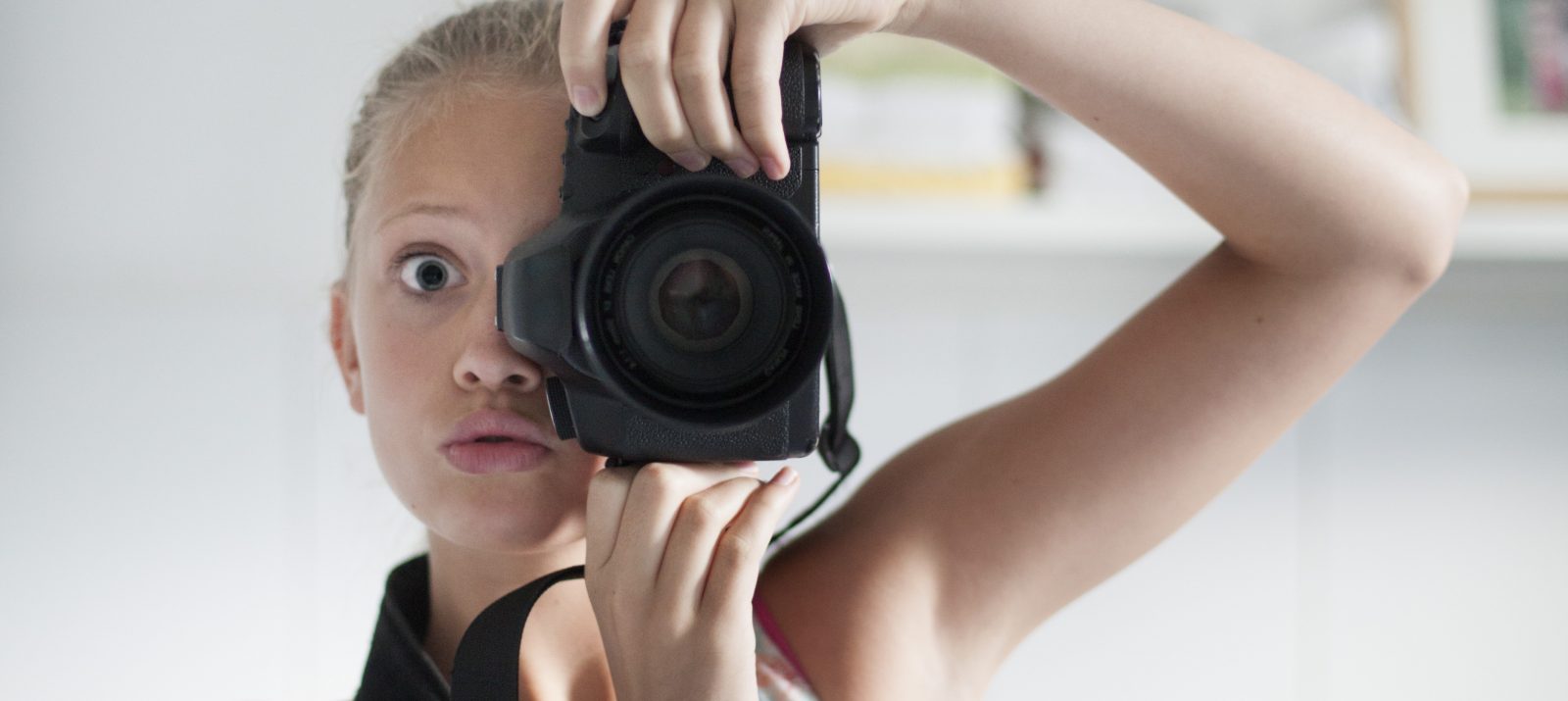
The cell phone raised in front of you and your lips twisted into a pout – this is what it can look like when young people in particular take a photo of themselves. This quickly ends up on WhatsApp, Instagram or Snapchat. Maybe a filter is put over it beforehand to make the colors shine more and you virtually put on bunny ears.
Young people in particular always have their smartphones in their pockets, and in any situation they can quickly whip them out to take a picture of themselves and their friends and capture the moment.
These self-portraits with the smartphone are very popular among young people. Selfies are used to put oneself in the limelight and to test one’s own effect on others. This desire on the part of young people in the midst of their personal development is nothing unusual or new. But smartphones and social media make it especially easy. The most beautiful pictures are published on Instagram & Co. – in the hope that as many people as possible will like them. From this you can see your own popularity and attractiveness. But there are other reasons to take selfies. Young people can be creative and have fun posing together. It is not uncommon for selfies to be taken simply out of boredom.
And if truth be told, many adults also take selfies to show how you’re feeling, what you’re doing, and where you are. Selfies are a great way to capture memories and share yourself with others.
It becomes problematic when an excessive amount of photos are taken or erotic selfies are posted. Young people copy this from influencers or other people. If you notice this in your child, he or she may be looking for attention. Self-dramatization is increasingly taking place digitally. Children and young people can get the feeling that they have to present themselves and constantly show what they are experiencing. Especially erotic pictures that end up on the net can damage your child’s reputation. You as parents should counteract this by staying in conversation with him! Make it clear to your child that once anything ends up on the web, it can’t be properly deleted and you have no control over where and how images spread.
There are situations or places where selfies are not appropriate. Posing at a memorial site, for example, is not very tactful. You should also talk to your child about this and set a good example yourself. This also applies to the protection of personal rights when other people are visible on the selfie. They must agree to be photographed and published.
Self-dramatization and self-presentation are important topics in adolescence, as this is how children and young people come to terms with themselves. It’s important that they try out – this can also be in the form of selfies! Accompany your child in this process and, if necessary, also show him the downsides of this trend phenomenon. Very personal pictures do not belong on the web and some experiences are much nicer as memories.
In the following video, our media educator Björn Schreiber answers a father’s question about his daughter’s self-promotion on Instagram: